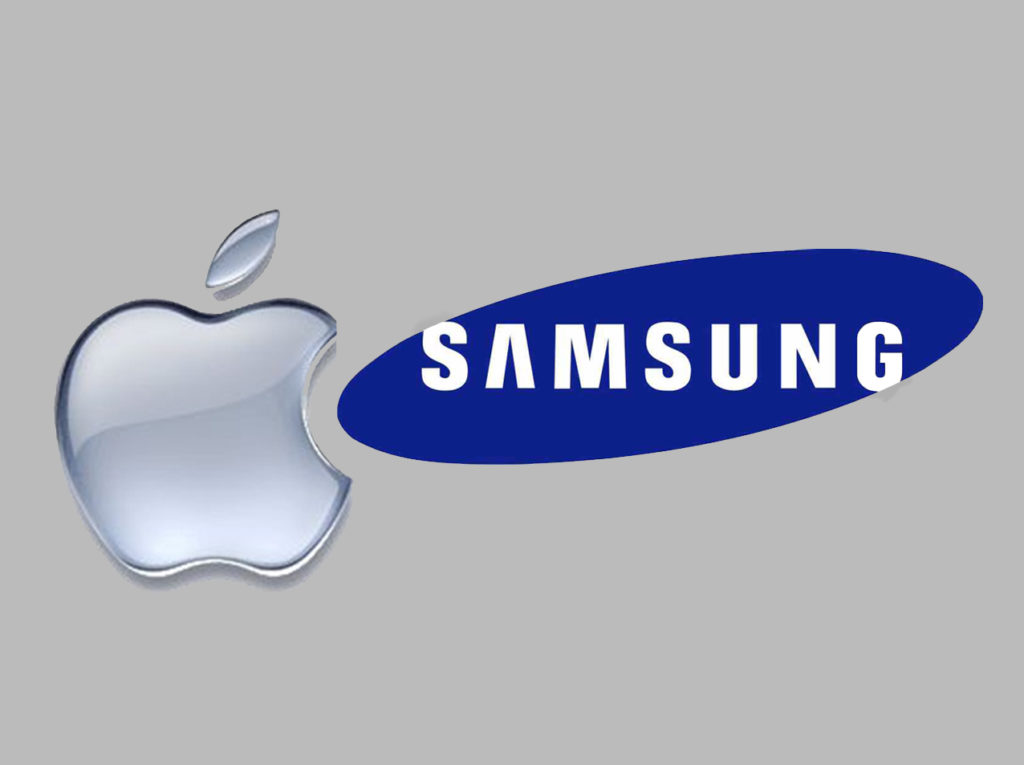The Peninsula
Mobile Computing Wars: Samsung vs. Apple

By Chad 0Carroll
Originally known for being a company that sold bargain electronics products, in 1995 Samsung chairman Lee Kun-hee ordered his employees to set on fire a mountain of 140,000 mobile phones, fax machines and other electronics in an effort to reform and rejuvenate the company. Fast forward to 2011, and in the cell phone market Samsung has gone from being a supplier of low-end, unattractive mobile technology, to becoming one of the key players in a highly competitive smart phone market. It’s most recent offing, the Galaxy S2, has even outsold Apple’s iPhone in some countries – something that would have been unthinkable just a year or two ago. But this success has not come without problems, as an increasingly intense and high profile legal fracas with Apple has recently been illustrating.
Since April, Apple and Samsung have been waging an increasingly aggressive legal battle, filing over thirty lawsuits in ten countries around the world. Apple initiated the proceedings in the U.S., claiming that Samsung’s “Galaxy” cell phones and tablet computers “slavishly” copied its own iPhone and iPad designs and patents. While Apple enjoyed some legal success, banning some of Samsung’s sales (at least temporarily) in Australia, The Netherlands and Germany, it has fared less well in the world’s largest market – the U.S. There, Samsung stalled Apple’s claim that it had exclusive rights to the form of the iPad by showing adjudicators a device eerily similar to the iPad that featured in the 1968 film, “2001: A Space Odyssey”. And in response to Apple’s legal attacks, Samsung accused it of infringing several of its own mobile technology and user interface patents, most recently articulating in attempts to ban the iPhone 4S and iPad2 in Italy, France Japan and Australia.
Patent disputes such as these are highly common in the tech industry, and even though some of the claims might seem petty or even farcical, they are often pursued with the aim of profiting from the sales of a competitor through settlements that oblige per-unit-payments to the winning party. However, in this battle, Apple has made clear that it has no desire to coming to any such settlement with Samsung. Instead, it appears that Apple is seeking to prevent Galaxy sales in as many markets as possible, at seemingly any cost.
Part of this obstinacy may be down to the fact that Samsung’s smart phones use Google’s Android, an operating system that Steve Jobs labeled a “stolen” product. Leaks from his soon-to-be-released biography claim that Jobs said, “I will spend every penny of Apple’s $40 billion in the bank to right this wrong…I’m willing to go thermonuclear war on this.” Harsh words, but easy to understand when Jobs was the one who witnessed the look and feel of the original Macintosh operating system being so relentlessly copied by Microsoft in the 1980s, much to the damage of Apple’s then business model. And even easier to understand given the suspicious fact that the current Google Executive Chairman and former CEO Eric Schmidt was a former Apple board member and personal friend of Jobs during the time of iPhone development.
The other part of this obstinacy is possibly down to Samsung’s own very close relationship with Apple. Although both are locked in legal battles, from the get-go Samsung supplied Apple with several key components for both the iPhone and iPad (and continues to), and has thus been in a unique position to know intimate details regarding the hardware and architecture of Apple’s designs. According to this line of thinking, Apple may have seen Samsung as abusing its “insider” position to get a head-start in its own smart-phone and tablet design process.
But is Apple’s position really tenable? Just yesterday it won a U.S. patent for the “slide-to-lock” feature of the iPhone, opening the door for potentially hundreds of lawsuits with a plethora of manufacturers. However, in the Netherlands the same patent case failed, because it was proved the “slide-to-lock” feature previously existed on the Neonode N1M phone. When analyzing the current battle between Samsung and Apple, one has to ask if Apple should really have the right to patent every aspect of its technology.
To be sure, it is understandable to clamp down on companies that fake or clone one’s own technology, but had other companies taken Apple’s approach to patent litigation, where would we now be? Could Alexander Bell now sue Apple for selling a product that allows users to transmit their voice telephonically, or could the U.S. company Bell, inventor’s of the first push button phone, also sue Apple for creating a touch-screen version of its own invention?
The reality is that the realization of Apple’s iPhone and iPad depended on the ideas and work of many other companies – the technologies these platforms are based on were not reinvented afresh for Apple’s sole purview. And while Apple did a great job in refining these ideas and adding to them, it should not blame Samsung or Android for doing the same with the current menu of cell-phone and tablet technology. In effect, all manufacturers are moving down a usability funnel, headed to the same shared goal of achieving a perfect interaction between machine and human.
Chad 0Carroll is the Director of Communications for the Korea Economic Institute. The views represented here are his own.
